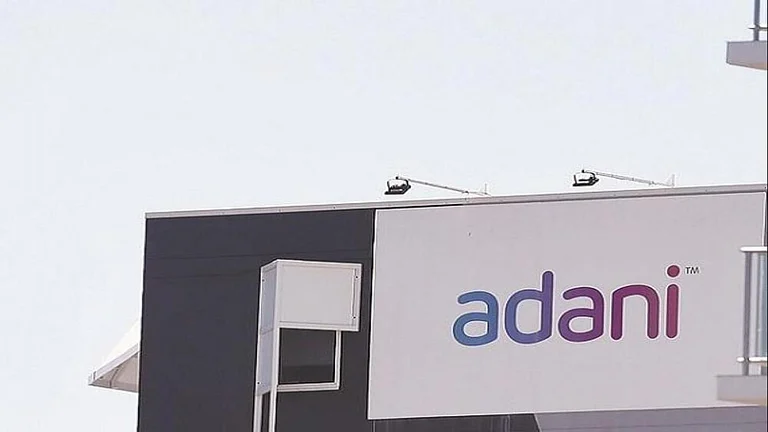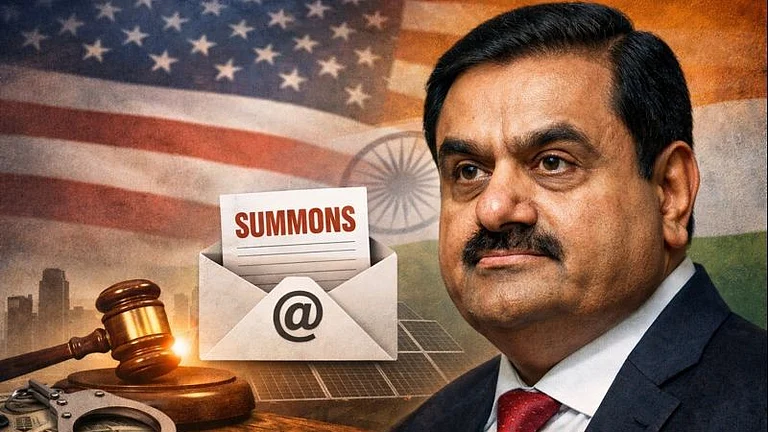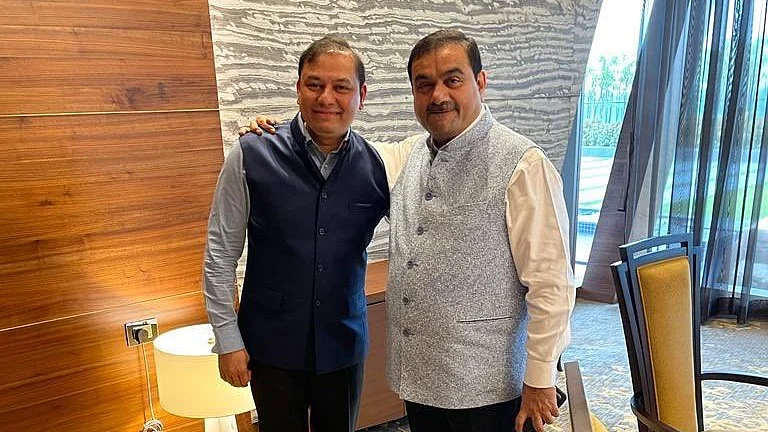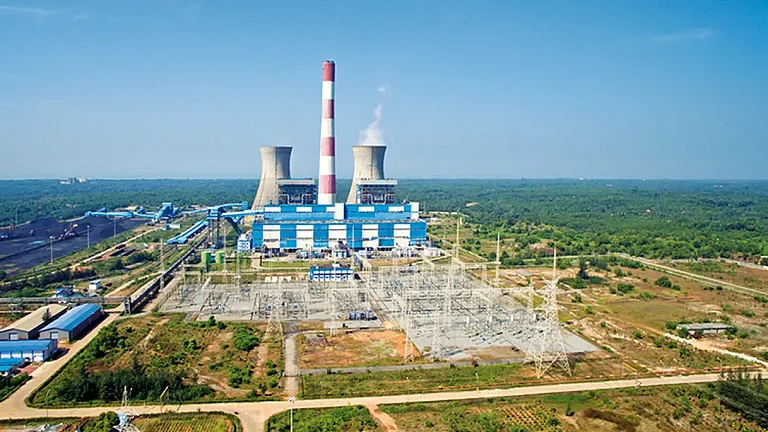US President Donald Trump has signed an executive order pausing the enforcement of the 1977 Foreign Corrupt Practices Act (FCPA), under which top Adani Group executives and former associates were charged last year.
President Trump has directed newly appointed US Attorney General Pam Bondi to pause the use of the law, which prohibits companies from bribing foreign government officials for business favours. The move is seen as a relief for several global corporations, including the Adani Group.
"US companies are harmed by FCPA overenforcement because they are prohibited from engaging in practices common among international competitors, creating an uneven playing field," the White House said in a statement. The FCPA will now undergo a six-month review.
The Adani Bribery Charges
Trump's order comes at a pivotal time for the Gautam Adani-led ports-to-power conglomerate. Last month, reports said that the Adani Group had been hiring legal teams to fight cases filed by the US Securities and Exchange Commission (SEC) and the Biden administration's Department of Justice (DOJ).
In November last year, the SEC and DOJ simultaneously charged Adani Group Chairman Gautam Adani, his nephew Sagar Adani, and Cyril Cabanes, a former executive of US-listed firm Azure Power Global Ltd, under the FCPA.
The SEC alleged that Gautam and Sagar Adani paid or promised hundreds of millions of dollars in bribes to Indian government officials to secure overpriced solar energy contracts.
These bribes were allegedly concealed during a $750 million bond offering by Adani Green, the renewable energy arm of the Adani Group.
Cyril Cabanes was charged under the FCPA for "authorising bribes" while working as a director at Azure Power.
The DOJ expanded the case, charging Gautam Adani, Sagar Adani, Vneet Jaain, and five others with securities and wire fraud, along with conspiracy to violate the FCPA.
Additionally, the DOJ accused Cabanes and others of conspiring to obstruct investigations by deleting evidence and withholding information during internal and government inquiries.
The Adani Group has called the allegations "baseless" and vowed to pursue all legal options. They also claimed that Gautam and Sagar Adani themselves have not been directly charged with violating the FCPA.
What Happens Now?
Under the new executive order, Attorney General Bondi will review past investigations and enforcement actions related to the FCPA. If necessary, she may take corrective action or recommend further steps to the President.
In 2024, the DOJ and SEC filed 26 FCPA-related enforcement actions, with at least 31 companies currently under investigation.
The White House stated that over the past decade, there has been an average of 36 FCPA-related enforcement actions per year, which they argue is "draining resources from both American businesses and law enforcement."
Other companies and executives charged under the law include defense firm RTX Corp, software developer SAP, 3M Company, Gartner Inc., and mining giant Rio Tinto. Most have settled their cases by paying monetary penalties.
Meanwhile, on February 10, six Congressmen wrote to Attorney General Bondi, questioning the Biden Administration's decision to charge top executives of the Adani Group. They claimed that the move "jeopardises the relationship with close ally India."
In their joint letter, the Congressmen said, "Some of these decisions involved selectively pursuing and abandoning cases, often acting against America's interests at home and abroad, jeopardising relationships with close allies like India."


































